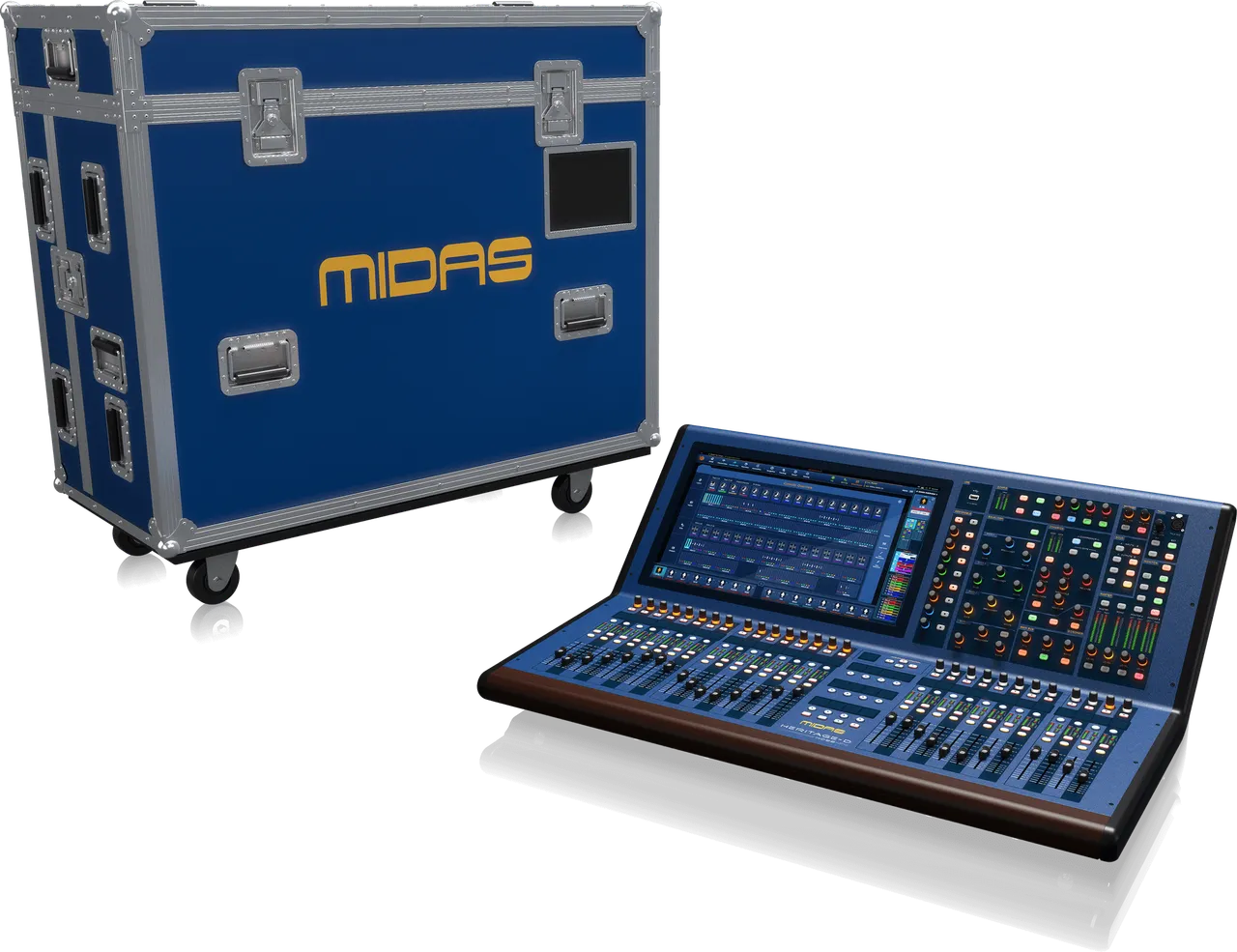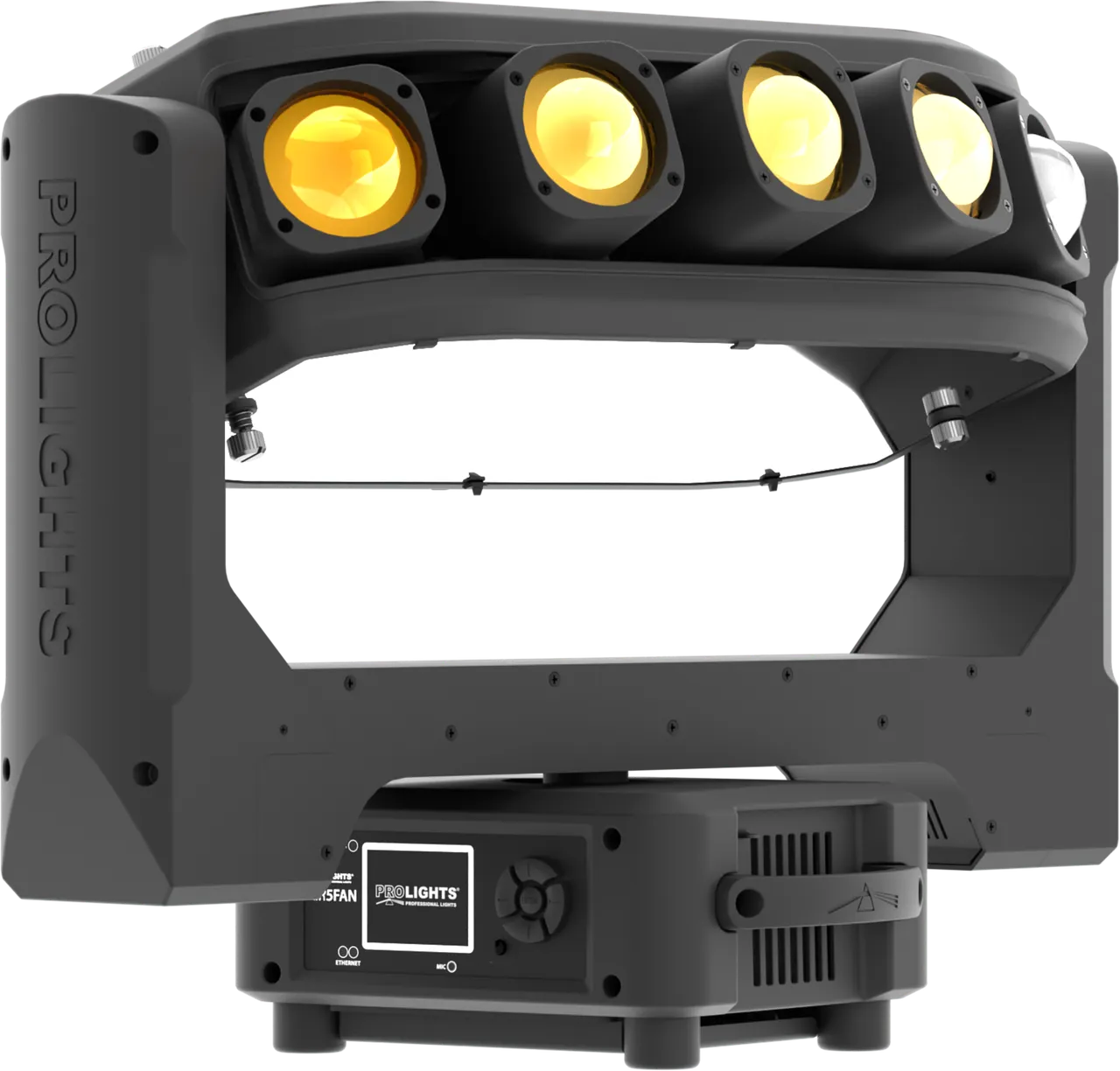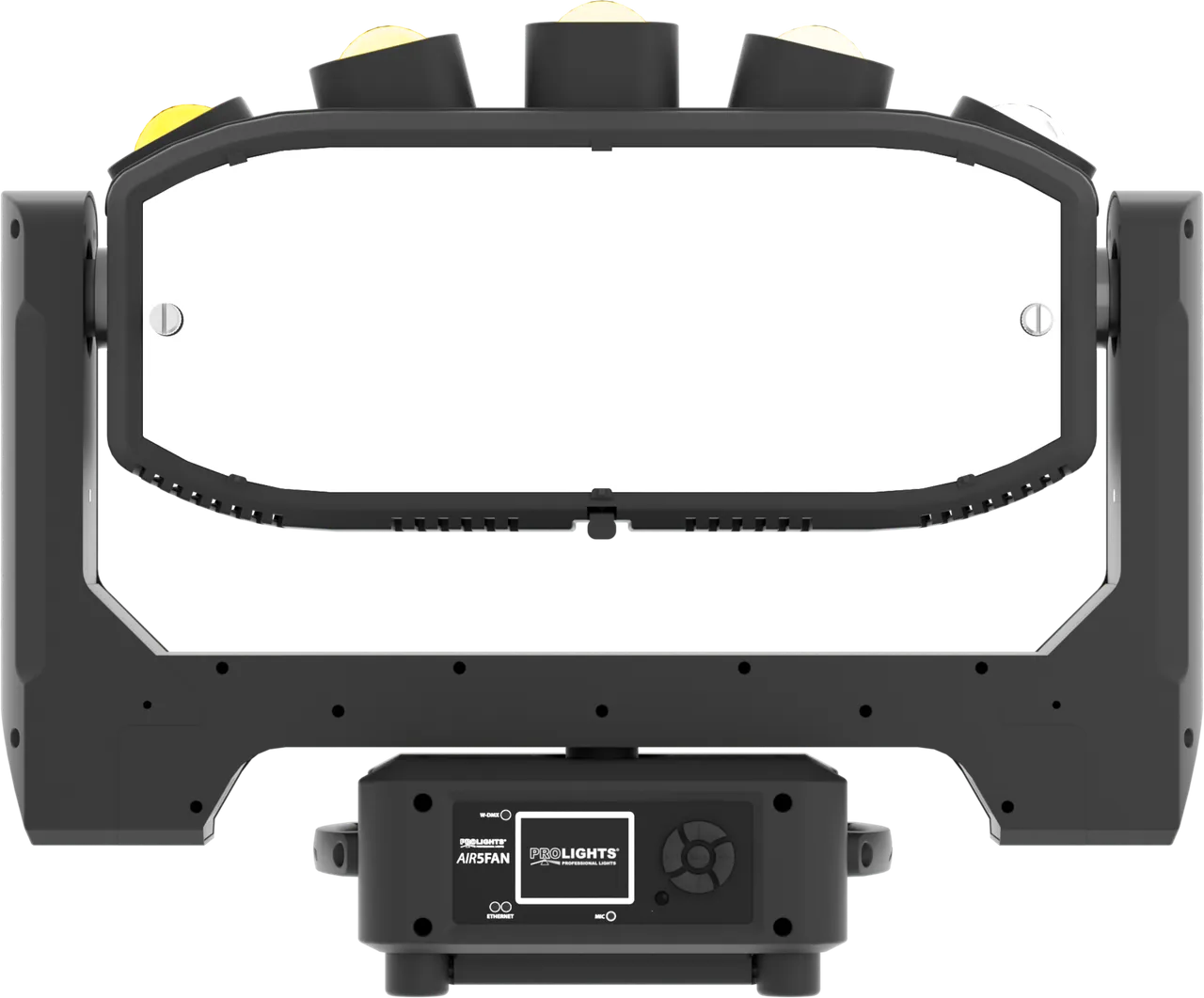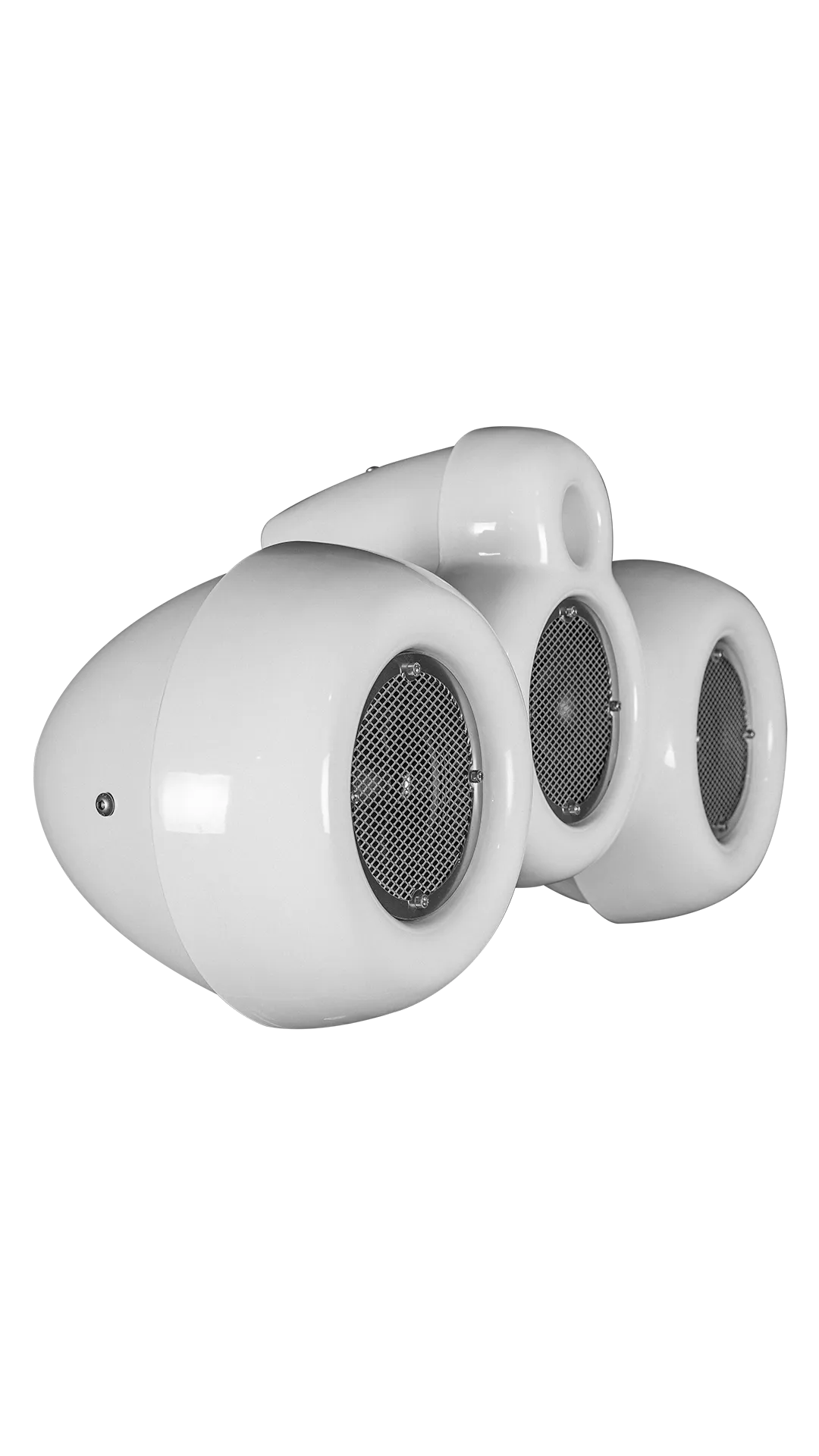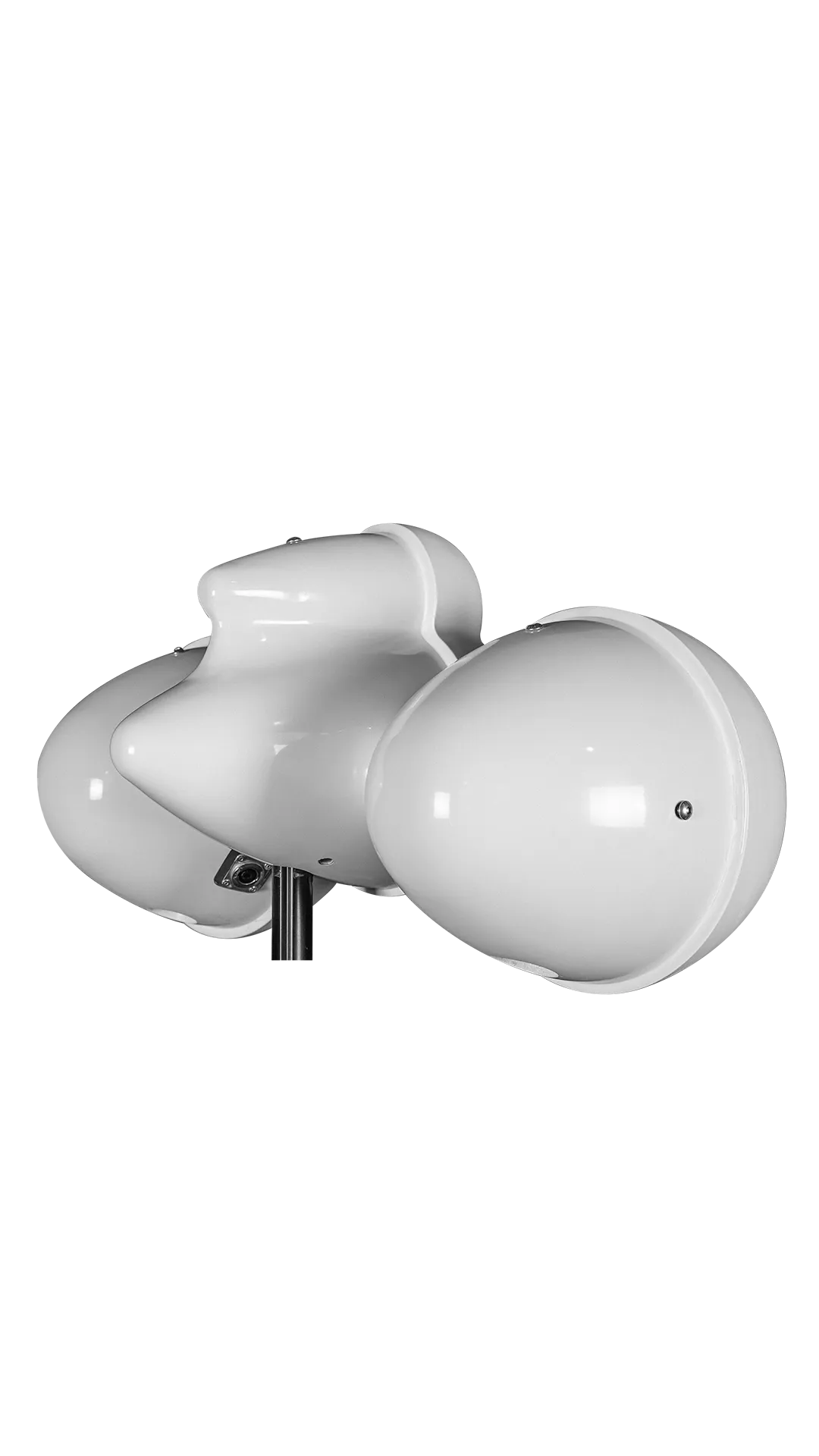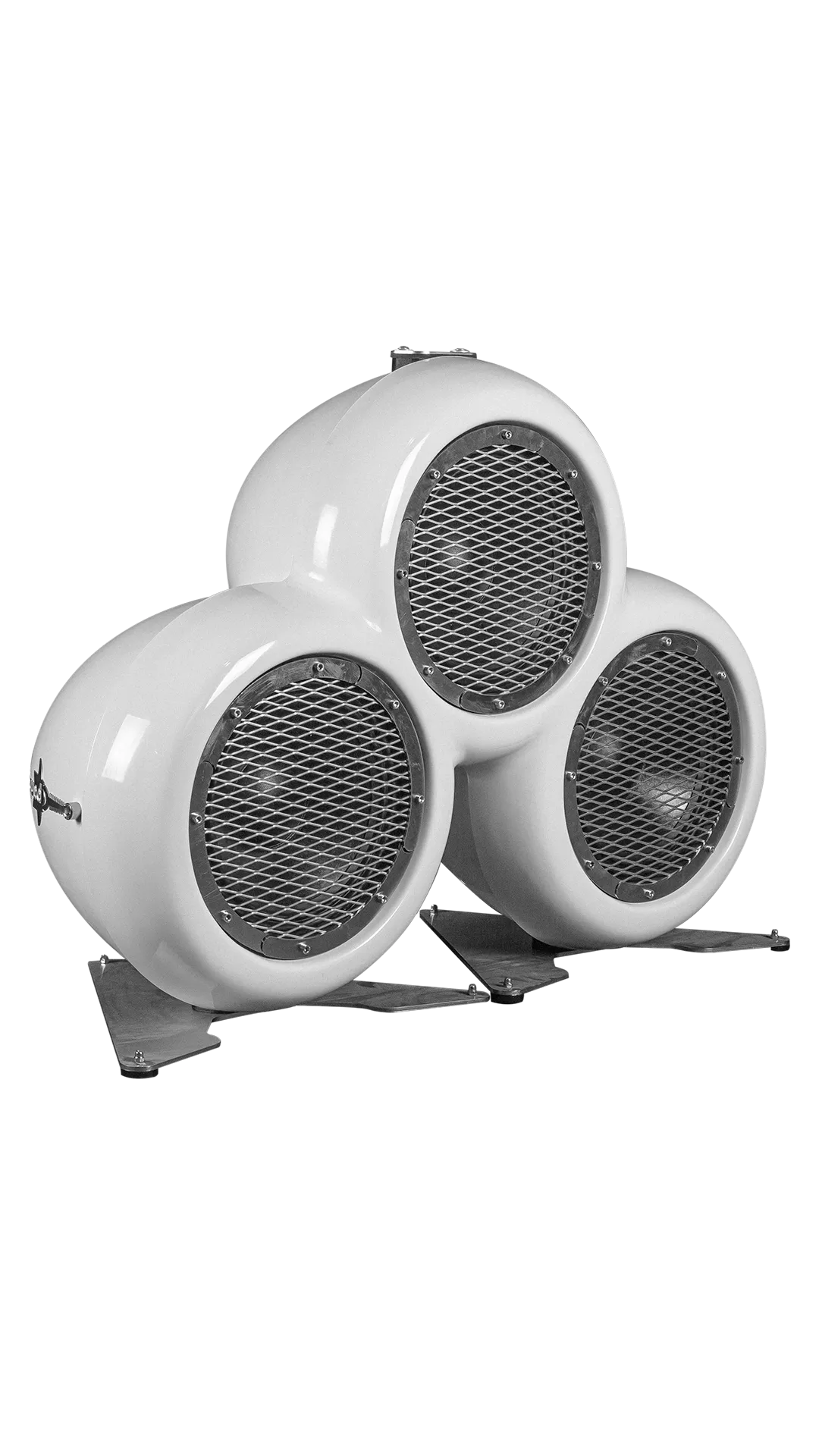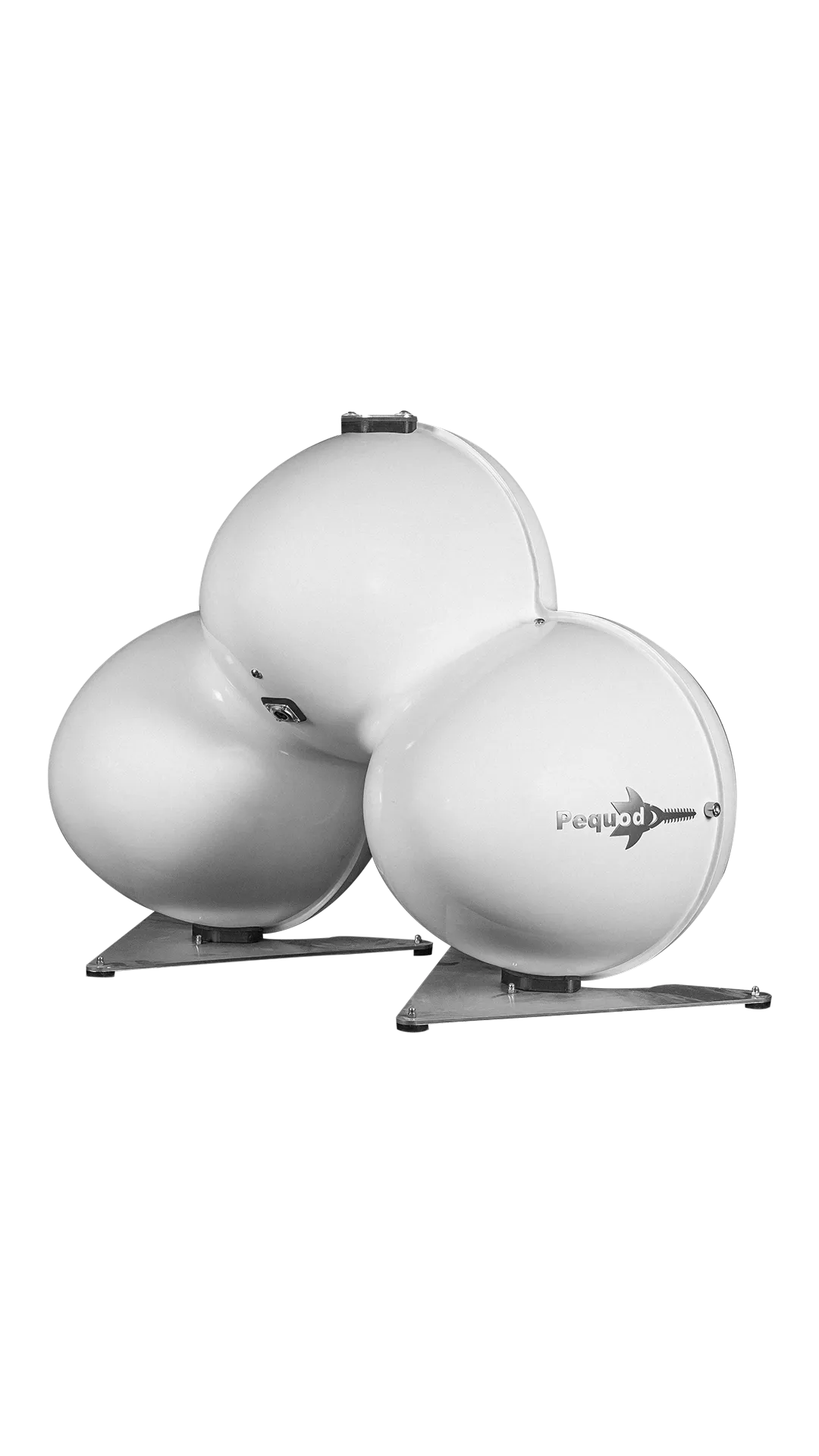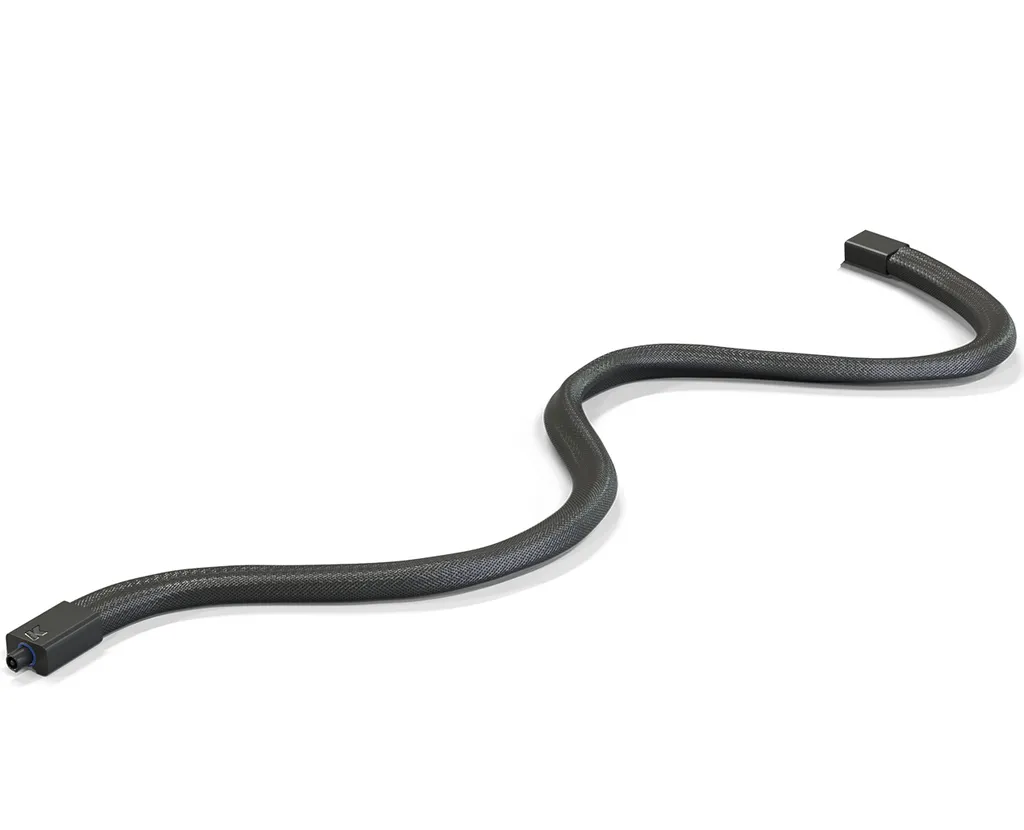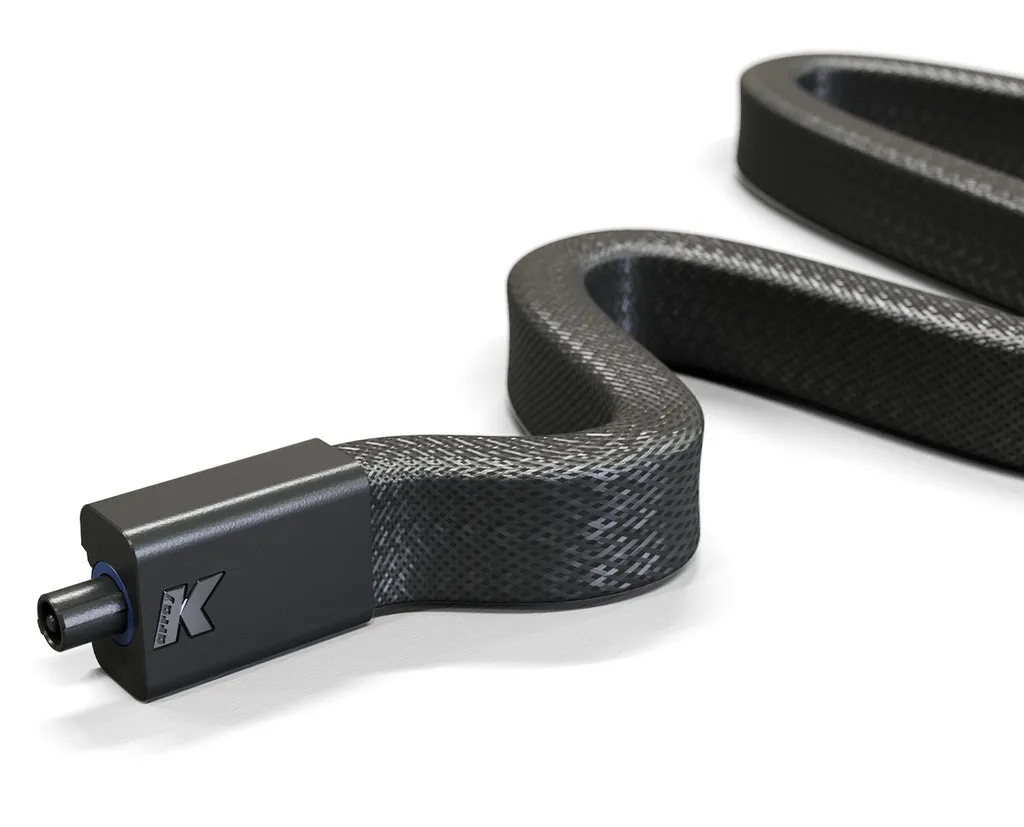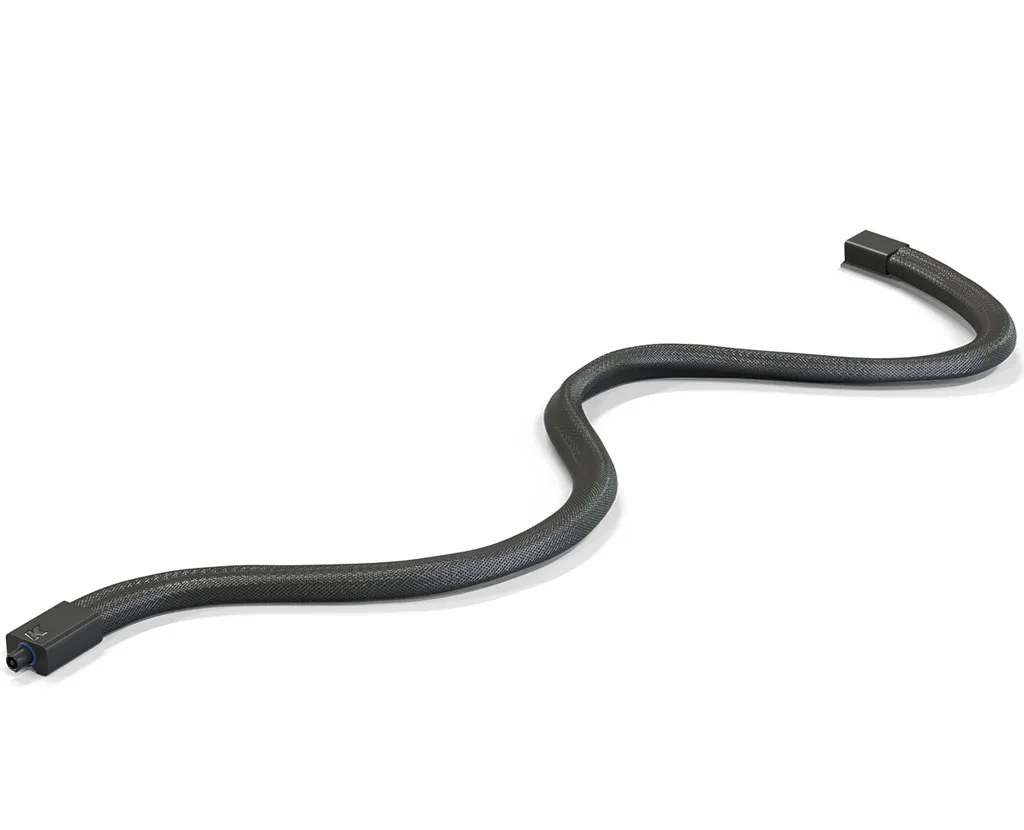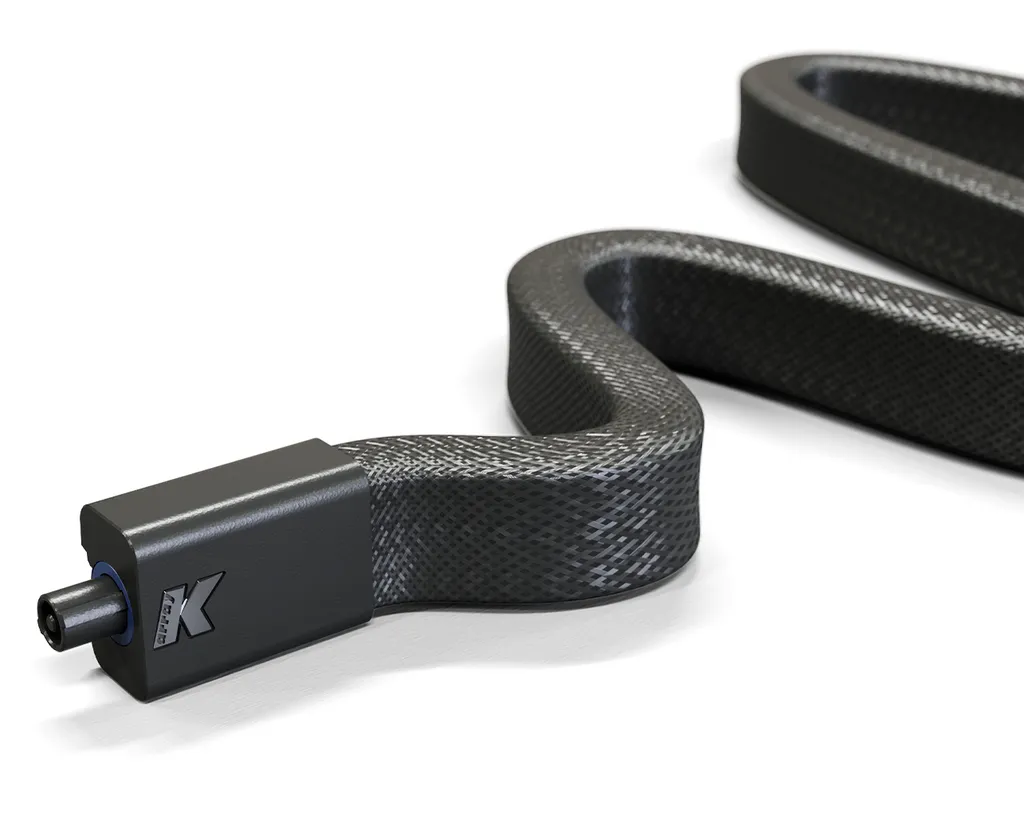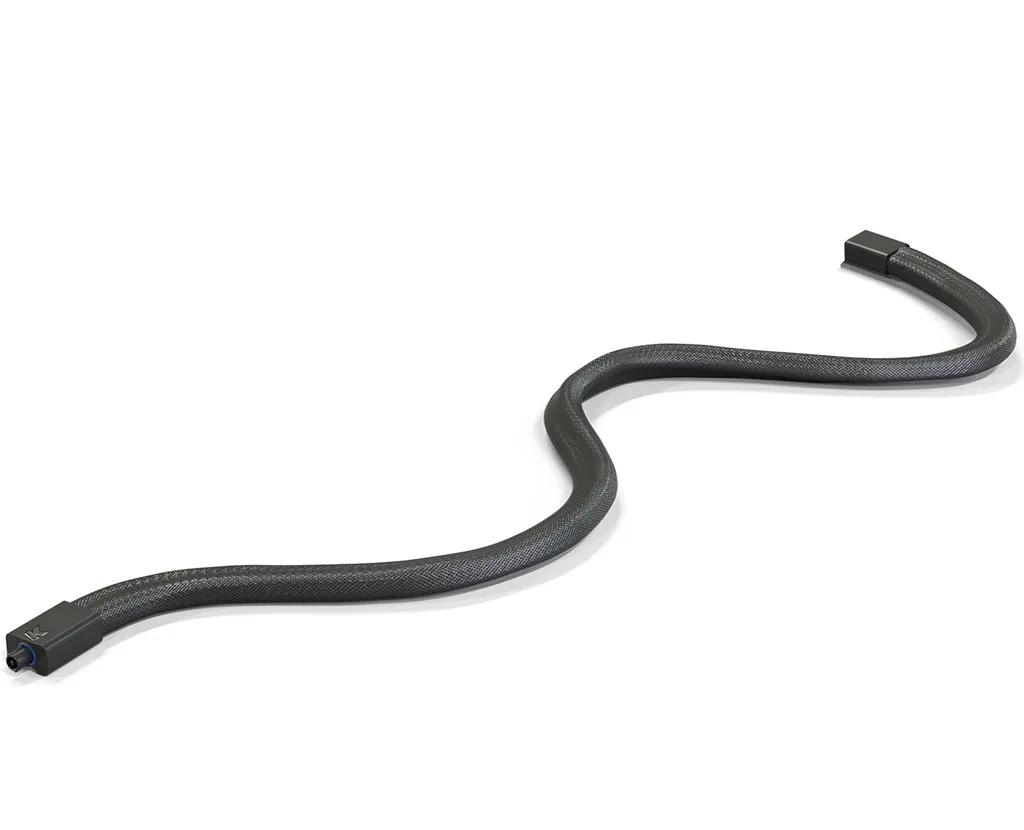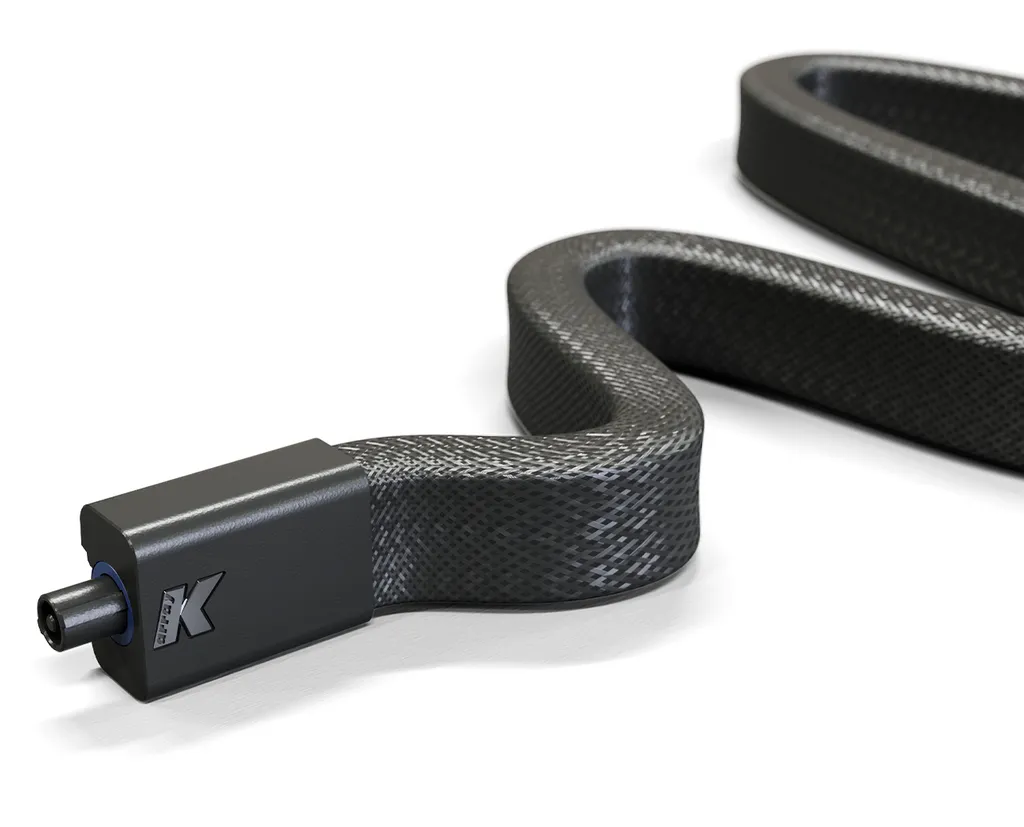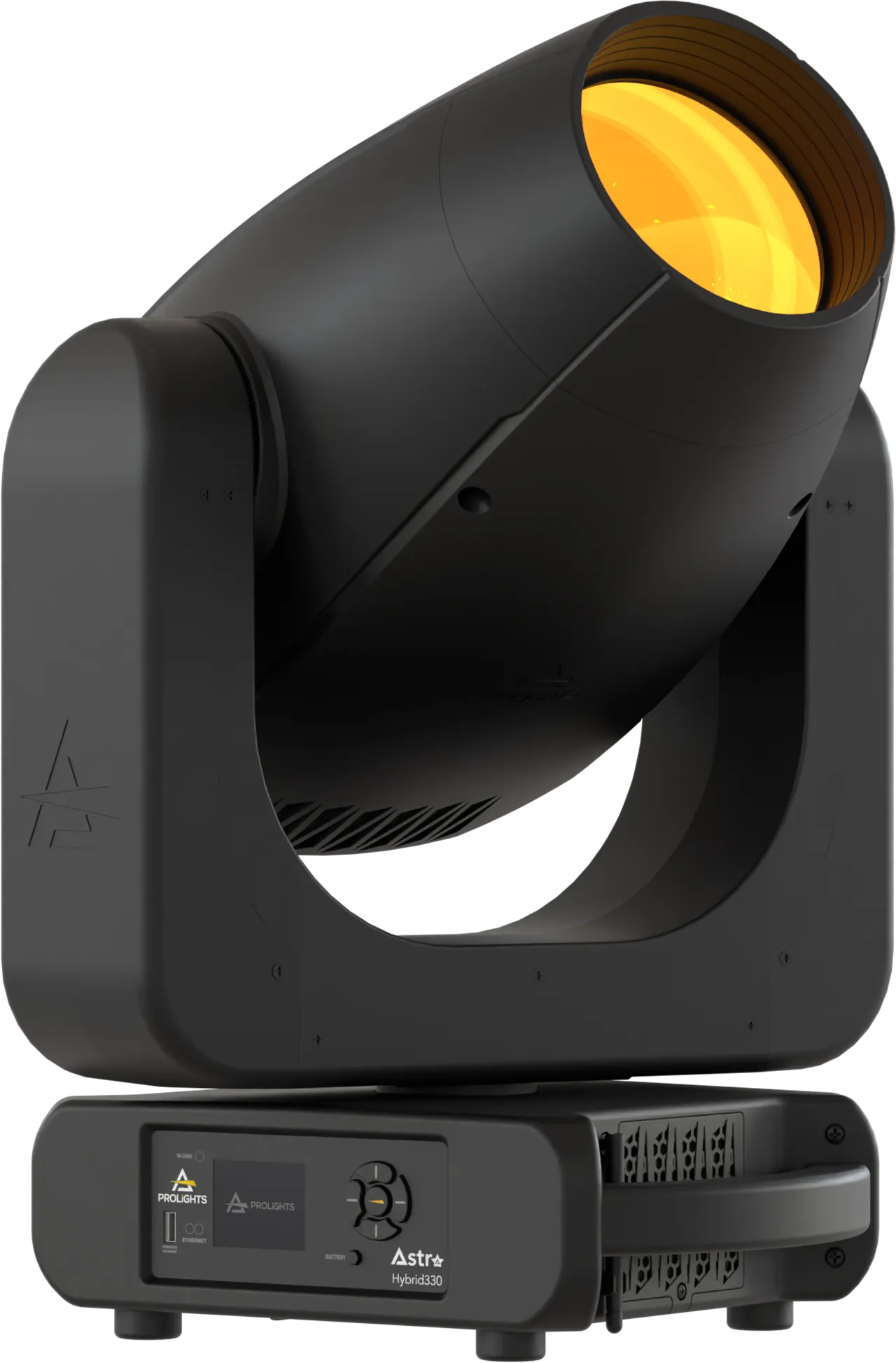Introduction
Heritage History
The Heritage 3000 (H3K) was first introduced in 1999. Its famous purple colour and features made it so distinctly Midas. It soon established itself as the world wide industry standard for live sound applications. The H3K proved to be a huge winner from day one.
Features
-
Live performance digital control centre with up to 144 simultaneous input channels and 96 kHz sample rate
-
123 time–aligned and phase–coherent mix buses
-
Écran TFT couleur de 21″ avec détection tactile capacitive
-
Advanced and multi gesture, touchscreen user interface
-
Award–winning Midas microphone preamplifiers
-
HyperMAC and AES50 networking allows up to 480 inputs and 480 outputs @ 96 kHz sample rate
-
Dual Network Bridge Format Converter with up to 128 Bidirectional Channels and Asynchronous Sample Rate Conversion
-
24 VCA (variable control association) groups, and 24 POPulation groups
-
Up to 48 assignable 1/3 octave Klark Teknik DN370 graphic equalisers
-
Up to 24 multi–channel digital signal processing effects engines
-
Integrated Bluetooth and wireless transceiver module
-
Dual ULTRANET Ports providing 32 additional digital outputs
-
28 MIDAS PRO motorised 100 mm faders
-
Fully interpolated touch sensitive controls
-
Optional wireless remote control with remote application
-
Dual redundant auto–ranging universal switch–mode power supplies
Technical sheet
Specification
Processing
| Input Processing Channels |
144 flexi channels |
| Output Processing Channels |
96 flexi aux outputs, 24 matrices, stereo bus, mono bus
|
| Point–to–point routing matrix |
622 x 652 |
| Signal Processing |
64–bit floating point |
| D/A converter |
24–bit, 96 kHz and 128 times oversampling |
| A/D converter |
24–bit, 96 kHz and 128 times oversampling |
| Sampling frequency |
96 kHz |
| I/O latency (surface input to output) |
1.34 ms |
| Input audio processing |
Dual–slope high and low–pass filters True phase filter control 4–band parametric EQ with 3 shelf modes 4–mode creative input compressors Input gates or ducker Insert point on/off with processing order change Direct output with adjustable level and processing pick of point Delay–compensated aux return mode on inputs 5 x tap–off points per send
|
| Output audio processing |
Output 4–band parametric EQ with shelving/HP/LP options 4–mode creative output dynamics Insert point on/off with processing order change Direct input with adjustable level and processing tap–off point
|
| Mixing control assistance |
12 x talk groups 12 x mute groups 24 x surface POPulation groups 24 x VCA associated population groups Scene snapshot automation |
Connectors
| Midas microphone preamplifier |
8 x XLR balanced |
| Balanced outputs |
8 x XLR balanced |
| Talkback connector |
1 x XLR balanced |
| Talk connector |
1 x XLR balanced |
| Headphone connector |
2 x 1⁄4″ TRS (stéréo) |
| Digital AES3 input / output (XLR) |
2 / 2 |
| AES50 ports (Klark Teknik SuperMAC, 100 Mbit/s) |
4 |
| Snake (copper) |
2 x HyperMac (192 channels of bi–directional digital audio) on Ethercon XLR |
| Snake (fibre) |
2 x HyperMac (192 channels of bi–directional digital audio) on Opticon XLR |
| CM1 expansion slots |
2 x slots (CM1 module for AES50, DANTE, MADI and USB) |
| Ultranet |
2 x Ultranet ports (up to 16 digital outputs per port) |
| Word clock IN |
BNC, accepts TTL level, 96 kHz square wave, impedance 75 Ohms |
| Word clock OUT |
BNC, provides a TTL level, 96 kHz square wave
|
| AES3 sync IN |
1 x 3–pin XLR |
| AES3 sync OUT |
1 x 3–pin XLR |
| External (Ethernet) connector |
Ethercon XLR |
| Monitor output |
2 x HDMI (1920 x 1080p 59.94Hz/60Hz 16:9 & 720 x 480p 59.94Hz/60Hz 16:9 supporté) |
| USB 3.0 type A hub |
4 x 5 V ⎓ 900 mA |
| USB 3.0 type A (fader port expansion) |
4 x 5 V ⎓ 900 mA |
| USB 2.0 type A (front surface data) |
1 x 5 V ⎓ 500 mA |
| Diagnostics Port |
Serial port |
| MIDI |
In, Out and Thru 5–pin MIDI DIN sockets |
| Lamp |
2 x 12 V DC 5 W 4–pin |
| IEC mains socket with power switch |
2 |
Input / Output Characteristics
| Surface input impedance |
10 kΩ |
| Non–Clip Maximum Input Level |
+24 dBu |
| Input gain |
Analogue stepped gain –2.5 dB to 45 dB plus –40 dB to +20 dB continuous digital trim |
| Phantom Power (Switchable per Input) |
+48 V |
| Talk mic impedance |
5 kΩ |
| Talk mic gain |
+15 dB to +60 dB |
| Talk mic max level |
+6 dB |
| Talkback impendance |
20 kΩ |
| Talkback gain |
∞0 to + 10 dB |
| Talkback max level |
+21 dBu |
| Surface output impedance |
50 Ω |
| Surface output gain |
0 dB |
| Surface output max level |
+21 dBu |
| Dynamic range |
106 dB, 22 Hz to 22 kHz, unweighted |
| Maximum voltage gain |
100 dB inputs to subgroups and masters , 106 dB inputs to aux and matrix |
| Crosstalk at 1 kHz |
–100 dB physically adjacent input channels |
| Crosstalk at 10 kHz |
–90 dB physically adjacent input channels |
| Fader / pan cut off at 1 kHz |
–100 dB |
| Fader / pan cut off at 10 kHz |
–100 dB |
| Headphones output impedance |
10 Ω |
| Headphones maximum output level |
+21 dBu |
Displays
| Display screen |
21″ LCD haute luminosité 1920 x 1080 px, écran tactile capacitif, jusqu’à 10 touches simultanées |
| LCD info displays |
41 x full colour LCD info displays, 24 mm x 24 mm (size), 240 x 240 px |
| Input meters (quantity 30) |
12 segment –35 dBu to +20 dBu |
| Output meters (quantity 7) |
20 segment –36 dBu to +21 dBu |
| Channel comp meters (quantity 28) |
5 segment –24 dBu to –1 dBu |
| Channel gate meters (quantity 28) |
5 segment –34 dBu to –5 dBu |
| Comp meter (quantity 1) |
12 segment –23 dBu to –1 dBu |
| Gate meter (quantity 1) |
12 segment –34 dBu to –1 dBu
|
Controls
| 100 mm motorized faders |
8 + 8 + 8 + 4 |
| Touch–sensitive rotary controls |
66 |
| Custom controls | |
| Fully assignable rotary controls |
28 + 8 |
| Fully assignable backlit buttons |
28 + 8 + 12 |
| Headphone controls |
A and B, min to max |
| Talk |
Talk gain min to max |
Physical
| Operating temperature range |
5 °C à 45 °C (41°F – 113°F) |
| Storage temperature range |
–20 °C à 60 °C (–4°F – 140°F) |
| Dimensions (H x W x D) |
|
| Weight without flight case |
43.2 kg (95.0 lbs) |
| Weight with flight case |
147 kg (103.6 lbs) |
Downloads:
SOFTWARE:


